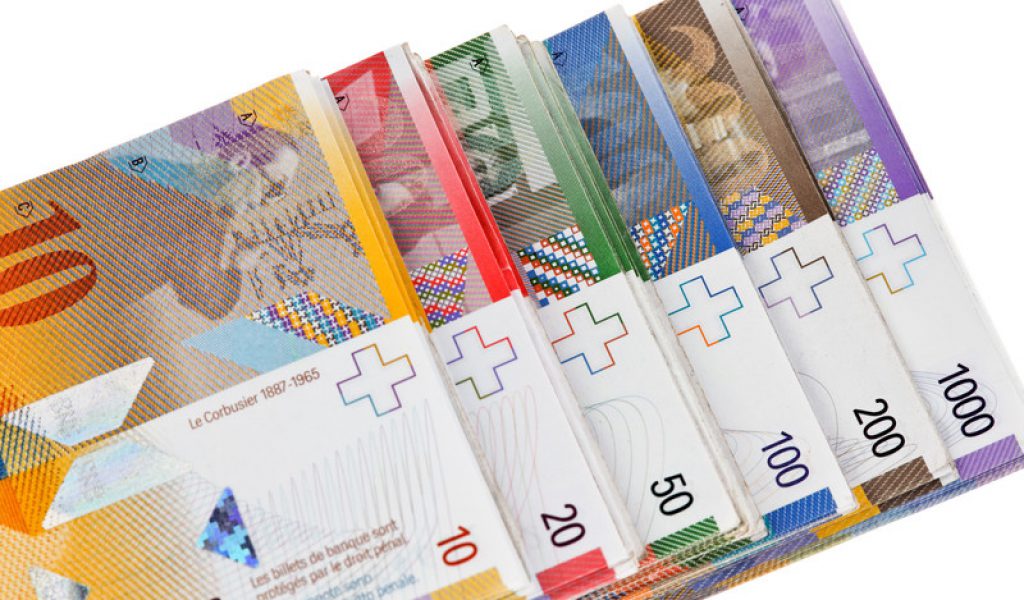Swiss medical residents spend more time with PC than patients
Medical residents at a Swiss teaching hospital spend almost half of their workday on the computer, which is approximately three times the amount of time they spend with patients, according to a Swiss study published in Annals of Internal Medicine.
The researchers conducted a time and motion study to evaluate how residents spend their time during day and evening hospital shifts. From May to July 2015, they studied 36 Swiss internal medicine residents with an average of 29 months of postgraduate training.
Residents spent 52.4% of their time on activities indirectly related to patients compared to 28% of their time on activities directly related to patients during day shifts. On average, residents spend 1.7 hours per day with patients, compared with 5.2 hours using computers, and 13 minutes doing both.









